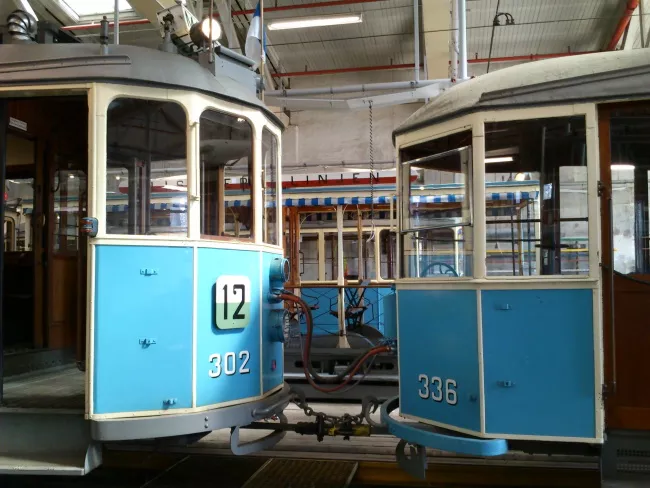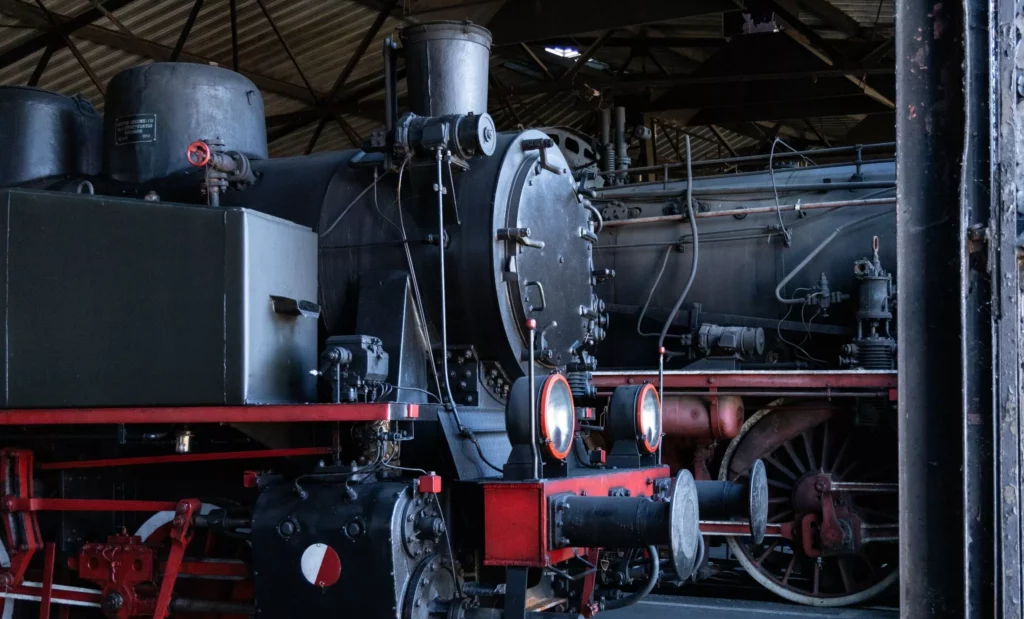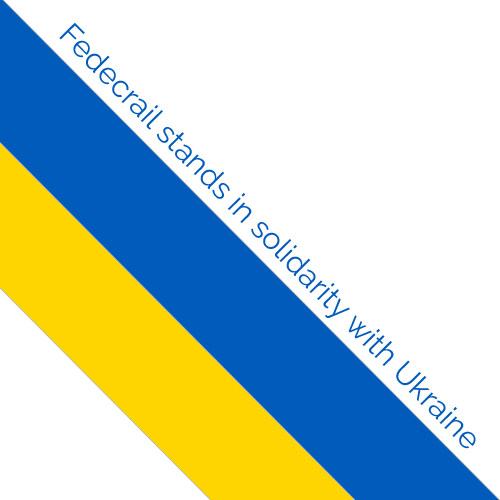The FEDECRAIL Tramway Group has surveyed most of its members in Europe about the impact of the pandemic on their historic tram operations. As a result, the general advice and restrictions vary from country to country, as do the keeping open or closing of borders or other measures. Given the different approaches and different operation of trams, it is difficult to give a complete overall picture.
Many organisations were not allowed to operate at all, or had very limited access and had few passengers when tourism was low. Another problem for tramways was the high average age of volunteers both in the tram operations and in the workshops. There are, however, examples of museums that were able to concentrate more on the work in the workshops.
In Stockholm, for example, it was only allowed to run without passengers. In Gothenburg and Norrköping, historic traffic was allowed, but the lack of tourists has put the business in the red. The same applies to Rotterdam and Brussels. In Brussels, work was done in the workshop, but the museum was closed. There was also little activity in Norway and Finland, and almost none in Germany.
In contrast, the museums in Skjöldnäsholm, Denmark, and Malmköping, Sweden, recorded more visitors from the surrounding area, as did museums outside the cities in the Netherlands. The situation was less positive for British museums: They were hardly open and had to cancel major events.






